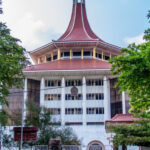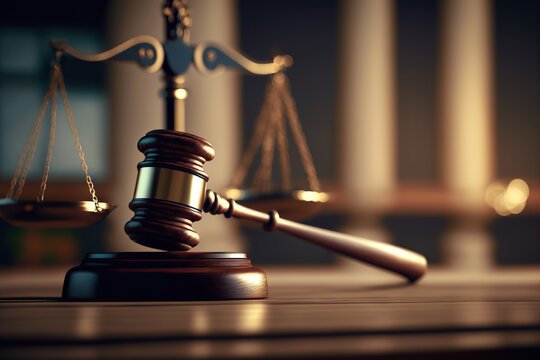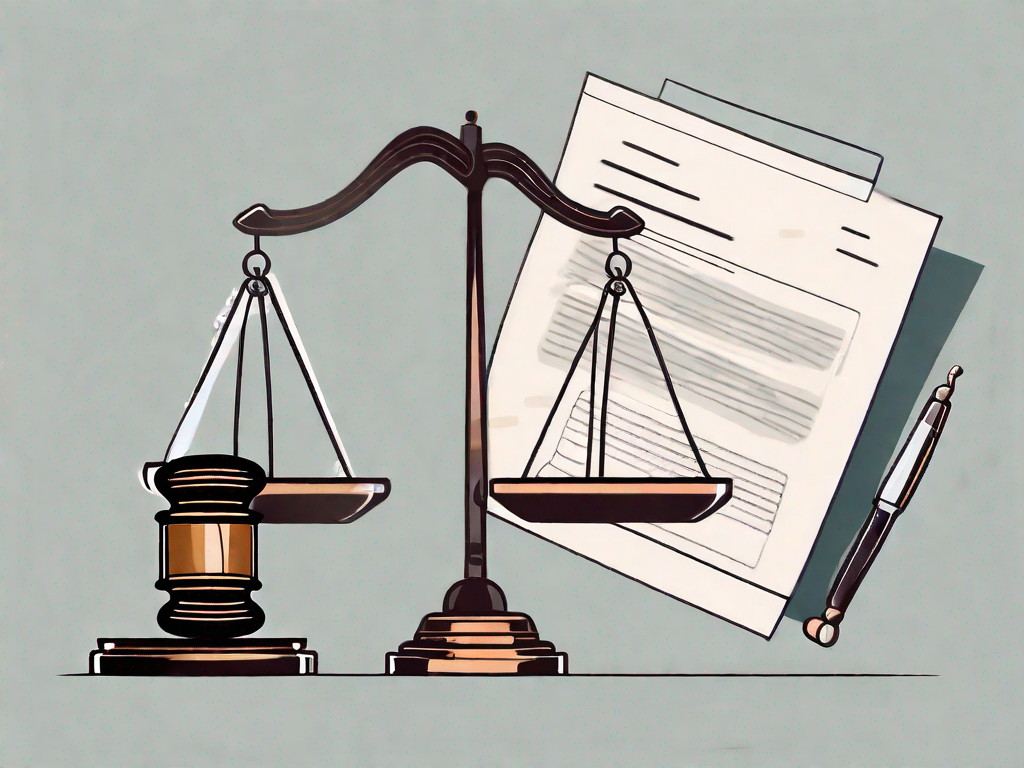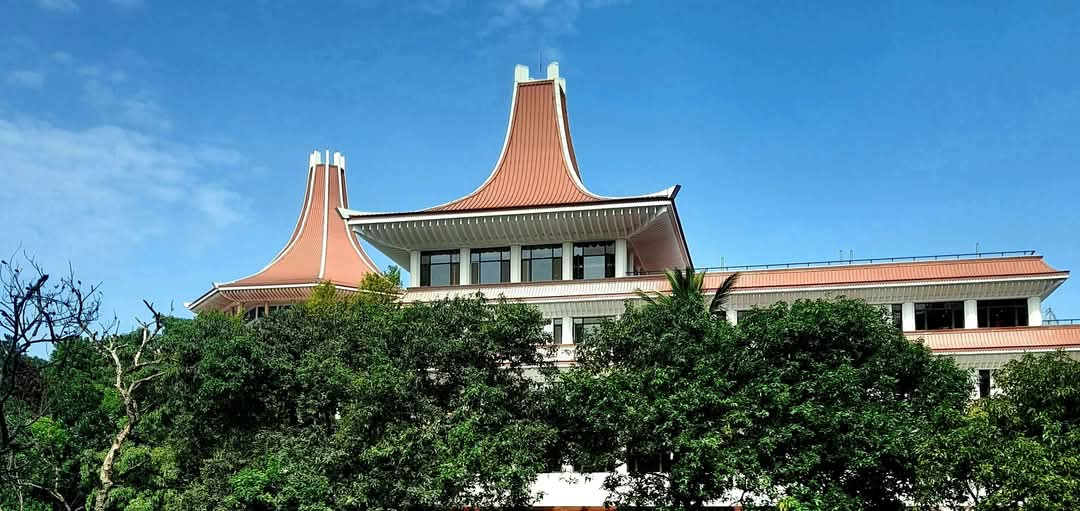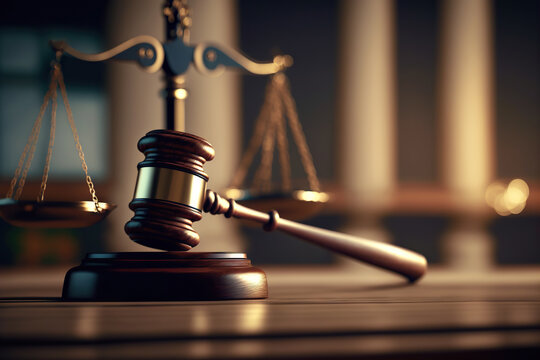The Supreme Court has recently explained the procedure for ordinary citizens to file Fundamental Rights (FR) petitions, emphasizing that individuals can approach the Court directly without legal representation. Article 126 of the Constitution empowers any person to submit a petition alleging infringement of their fundamental rights, even in the absence of compliance with specific procedural …
How Ordinary People Can File FR Petitions Without Lawyers
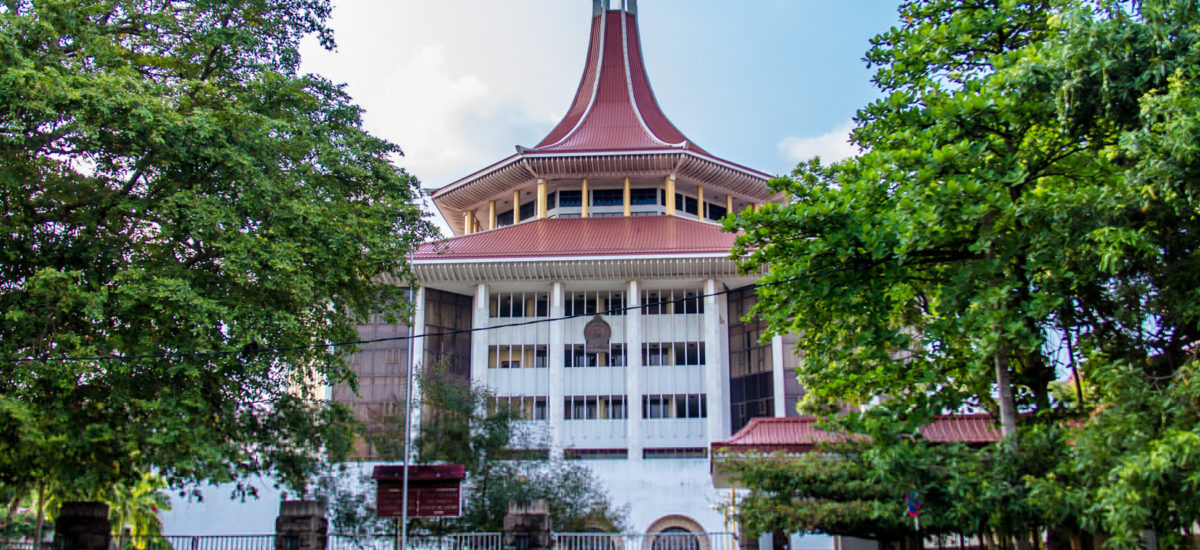
The Supreme Court has recently explained the procedure for ordinary citizens to file Fundamental Rights (FR) petitions, emphasizing that individuals can approach the Court directly without legal representation. Article 126 of the Constitution empowers any person to submit a petition alleging infringement of their fundamental rights, even in the absence of compliance with specific procedural rules. Under Rule 44(7) of the Supreme Court Rules, judges may allow petitions to proceed if they find a prima facie case of infringement.
“….In this regard we should consider the relevant provisions in the Constitution which read as follows;
Article 17
Every Person shall be entitled to apply to the Supreme Court, as provided by Article 126, in respect of the infringement or imminent infringement, by executive or administrative action, of a fundamental right to which such person is entitled under the provisions of this Chapter
Article 126 (2)
Where any person alleges that any such fundamental right or language right relating to such person has been infringed or is about to be infringed by executive or administrative action, he may himself or by an Attorney at law on his behalf, within one month thereof in accordance with such rules of Court as may be in force, apply to the Supreme Court by way of petition in writing addressed to such Court praying for relief or redress in respect of such infringement. Such application may be proceeded with only with leave to proceed first had and obtained from the Supreme Court, which leave may be granted or refused, as the case may be, by not less than two Judges.
As observed by this Court the above provisions of the Constitution provide for this Court to grant leave to proceed when a Petitioner comes before this Court either by himself or represented by an Attorney at law and complains before this Court by way of a petition in accordance with such rules of this Court of any infringement of the Petitioners fundamental rights by one or more of the Respondents.
It is also observed that not less than two judges of this Court are empowered under Article 126 of the Constitution to consider the material placed before this Court by the Petitioners and decide the granting of leave to proceed or not. Rule 44 of the Rules of this Court deals with the provisions relevant to Article 126 of the Constitution and as submitted by the learned ASG, the Petitioners have failed to comply with Rules 44 (1) (a) and (d) when invoking the jurisdiction of this Court. I would like to reproduce the relevant provisions as follows;
44 (1) (a)
Set out in his petition a plain and concise statement of the facts and circumstances relating to such right and the infringement or imminent infringement thereof, including particulars of the executive or administrative action whereby such right has been, or is about to be infringed, where more than one right has been, or is about to be infringed, the facts and circumstances relating of each such right and the infringement or imminent infringement thereof shall be clearly and distinctly set out, he shall also refer to the specific provisions of the Constitution under which any such right is claimed.
(d)
Shall specify in such petition the relief or redress prayed for including the grant of leave to proceed in the first instance
The implementation of the above provisions found in the Supreme Court Rules was the subject matter in several applications filed before the Supreme Court and except on a few occasions, this Court preferred to follow strict compliance with the above rules subject to the provisions found in Rule 44 (7) of the Supreme Court Rules.
In the case of Leelawathie Manike vs. Dharmasinghe Bandara and Another SC Appeal 172/2011 this Court took up the view that “Rules should not obstruct the path of justice” In the case of S.P. Guptha vs. Union of India AIR 1982 SC 149, 234 Bhagwati J had observed the compliance of rules as follows; “It is true that there are rules made by this Court prescribing the procedure for moving this Court for relief under Article 32 (Indian Constitution) and they require various formalities to be gone through by a person seeking to approach this Court. But it must not be forgotten that procedure is but a hand- maiden of justice and the cause of justice can never be allowed to be thwarted by any procedural technicalities. The Court would therefore unhesitatingly and without the slightest qualms of conscience cast aside the technical rules of procedure in the exercise of its dispensing power and treat the letter of public minded individual as a writ petition and act upon it.”
However, as observed by this Court Rule 44 (7) of the Supreme Court Rules had identified the situation referred to in the case of S.P. Guptha vs. Union of India (Supra) and provided as follows;
44 (7) (b) if it appears to such Judge that such complaint discloses prima facia an infringement, or imminent infringement of a fundamental right or a language right of any person, whether such person be the complainant or not he may in his discretion, direct that such complaint be treated as a petition in writing under and in terms of Article 126 (2) notwithstanding non-compliance with any of the foregoing provisions of this rule if he is satisfied that
- Such person does not or may not have the means to pursue such complaint in accordance with the provisions of this rule and
- ii) Such person has suffered or may suffer, substantial prejudice by reason of such infringement, or imminent infringement and may further direct the Registrar to refer such complaint to the Legal Aid Commission……. – Vijith K. Malalgoda PC J
Case No: SC /FR/ Application No. 189/2020 [Decided on August 9th 2024]
Before: Justice Vijith K. Malalgoda PC, Justice A.L. Shiran Gooneratne, Justice Janak De. Silva,

